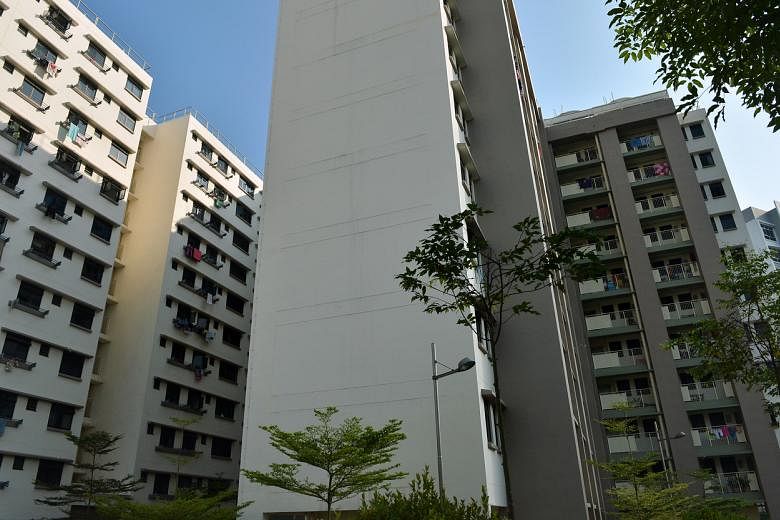SINGAPORE - Low-income households will be able to access faster Internet speeds and opt for a subsidised plan that offers a smartphone instead of a tablet under an enhanced scheme that takes effect in April.
The latest edition of the programme - Home Access 3.0 - will increase the minimum broadband speed from 300Mbps to 500Mbps at no additional cost to eligible households with a gross monthly income of less than $1,900.
Those who may need faster speeds can opt for a 1Gbps broadband plan.
The new scheme will also be extended to households with schoolgoing children. Such households were previously only able to apply for a separate subsidised broadband scheme that comes bundled with a computer.
Senior Minister of State for Communications and Information Sim Ann, who announced the enhanced scheme on Tuesday (March 3), said that while technology can "empower our people", there are segments of the population who may feel lost in this digital society.
"Singapore must therefore focus on digital inclusion. We must overcome age, income and literacy gaps, so everyone can reap the benefits of the digital economy," she told the House.
Launched in 2014, the Home Access programme has provided more than 14,000 low-income households with subsidised fibre broadband connectivity and the option to own devices.
The scheme aims to benefit 10,000 more households over the next three years.
Home Access 3.0 is one of several initiatives rolled out by the Ministry for Communications and Information (MCI) to ensure that every segment of society can properly navigate the digital world, as Singapore moves towards becoming an advanced digital economy.
Ms Sim brought up the success of the digital clinics, where seniors can receive one-on-one assistance from volunteers on using their smartphones.
Held in locations such as libraries and community spaces since 2017, these sessions have benefited close to 15,000 participants with the help of some 3,000 volunteers, she said.
She also talked about some of the ground-up efforts to help children navigate the online environment safely, which is "important as they are increasingly exposed to technology from an early age".
For example, the Media Literacy Council is partnering tech giant Google to hold a mobile interactive exhibition on online safety to primary schools this year.
Ms Sim said: "The digital future presents endless possibilities. MCI will persevere in our efforts to ensure every business, worker and citizen can seize digital opportunities.
"We will continue to nurture enduring partnerships to realise this vision, and leave no one behind."


